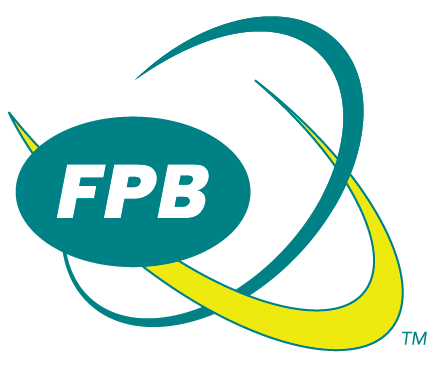Customers Be Aware of Payment Scams
/While FPB is not aware of any such scams currently operating in this area, it’s always good to generally beware and protect your information. American Public Power Association provided the following material on payment scams which we thought would be helpful to share with our customers.
The Long Island Power Authority (LIPA) is warning customers of a new, nationwide utility bill scam. Numerous customers have received telephone calls from individuals attempting to skim financial information, the utility said.
The fraudsters are claiming to work for LIPA, demanding payment through a pre-paid card on past-due balances. The callers threaten customers that their service will be shut off immediately if they do not make payment through these pre-paid cards, the utility said.
In some cases, the caller also tells customers that they may have a faulty meter that is dangerous and in need of replacing for a substantial fee, the utility said. However, electric meters are the property of LIPA and are not customer-owned equipment.
Never allow anyone into your home to check electrical wiring, natural gas pipes or appliances unless you have scheduled an appointment or have reported a utility problem. Also, ask utility employees for proper identification.
“LIPA does contact customers with past-due balances by phone to offer payment options, but never demands direct payment over the telephone,” the utility said. “LIPA currently does not accept credit or debit card payments.”
Public Power Daily reported similar scams in Los Angeles, Calif., earlier this year. Impostors were posing as utility personnel and were contacting residential customers of the Los Angeles Department of Water and Power by telephone and threatening immediate termination of service.
The Braintree Electric Light Department (BELD) in Massachusetts also posted a warning on its Facebook fan page, alerting its customers to similar scams.
“The latest scam looks to mimic a message sent from BELD requesting your username and password regarding maintenance to your webmail account,” the utility said. “The message goes on to say that your account will be deleted after seven days. You can simply delete this message as BELD does not solicit your username and password through email.”
Glasgow Electric Plant Board in Kentucky also reported fraudulent activity.
“We had a report from a customer that another phone scam is going around asking for access to your computer,” the utility posted on its Facebook page. “Remember, if you get a call from anybody claiming that they need remote access to your computer in order to fix a virus or anything, do not do it!”
The Better Business Bureau advises the following in order to avoid falling victim to email and phone scams:
Never provide your social security number, credit card number or banking information to anyone requesting it over the phone or at your home unless you initiated the contact and feel confident with whom you are speaking.
If you receive a call claiming to be your utility company and feel pressured for immediate payment or personal information, hang up the phone and call the customer service number on your utility bill.
Never allow anyone into your home to check electrical wiring, natural gas pipes or appliances unless you have scheduled an appointment or have reported a utility problem. Also, ask utility employees for proper identification.
Always think safety first. Do not give in to high-pressure tactics over the phone for information or in person to get into your home.




